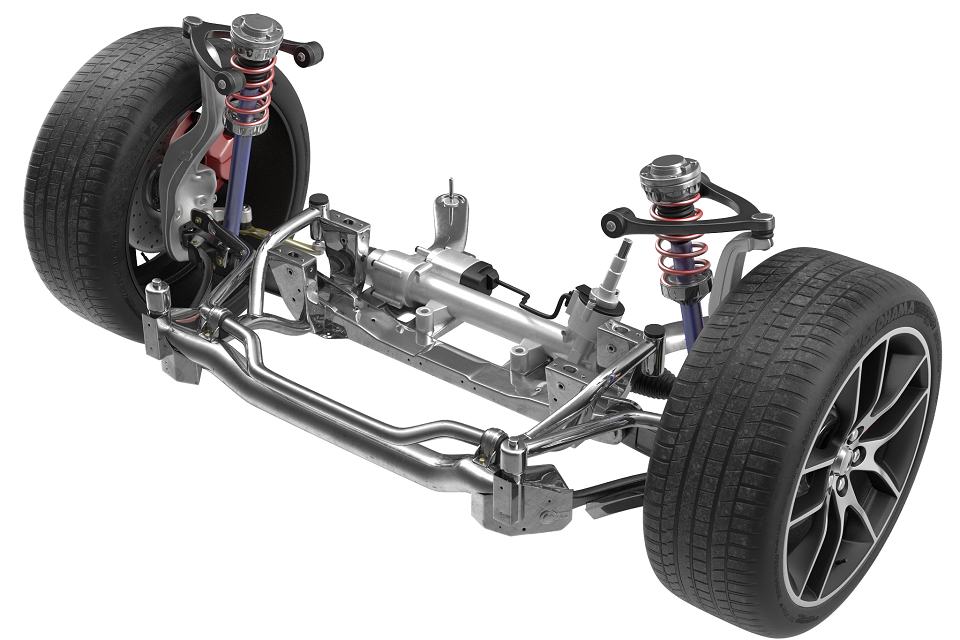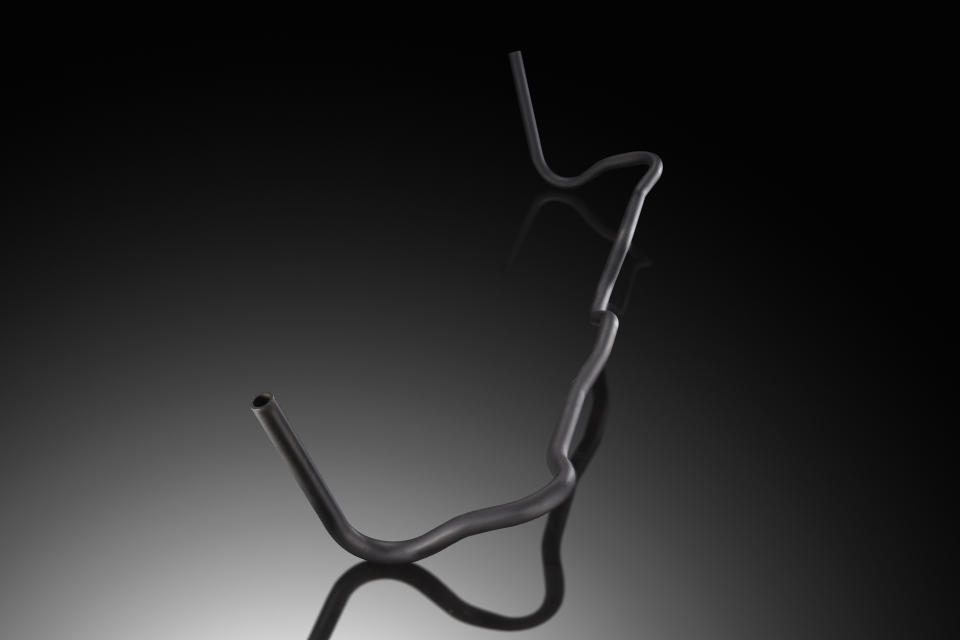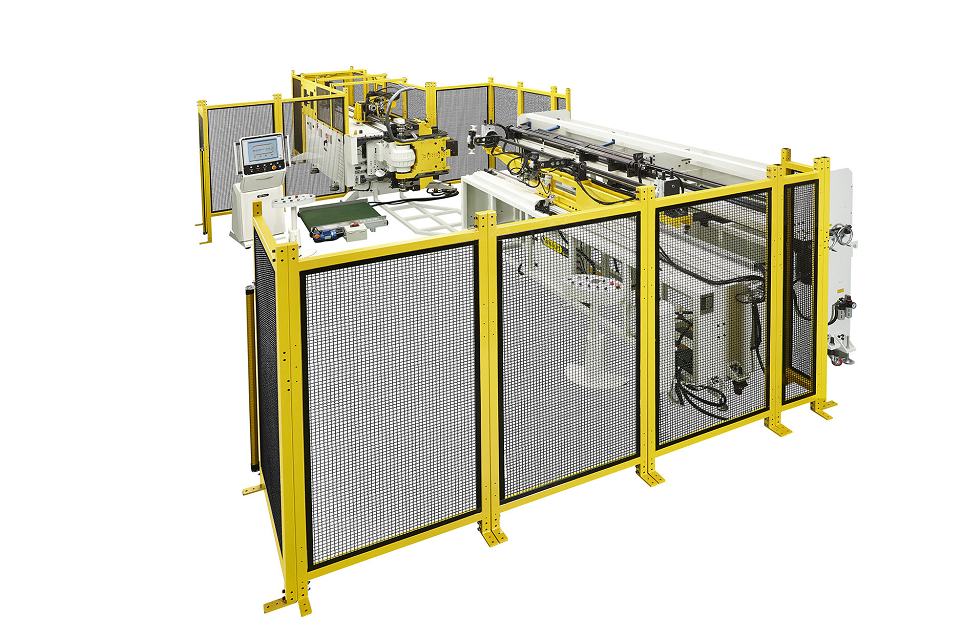SOCO Enters EV Stabilizer Bar Market
Media 2021/09/16
Even though there are fewer components as a whole, the electric battery system in EVs accounts for 1/3 of the total weight of the vehicle: that is why EVs are similar in weight compared to traditional ICE (Internal Combustion Engine) vehicles. To achieve higher performance and driving range, the industry has been moving towards a "Higher Strength - Light Weighting" trend. As the weight of the materials is reduced, strength and safety requirements are higher. Since the materials used are higher in tensile strength, the capabilities of the machines to produce these parts will need to increase as well.
Currently, most stabilizer bars manufacturers use European-made machines. The verification process to evaluate SOCO lasted over 2 years, with extensive comparisons in speed, reliability, material deformation, and accuracy in a high production environment.
The additional possibility to have a custom-made solution, greater automation capabilities, and higher output speeds, were the key factors that convinced the manufacturer to opt for SOCO's machines.
SOCO machines are IoT devices that support the interconnection required in today's smart factories. Besides providing the latest tube bending and cutting technology and upgrading production lines, SOCO helps fabricators design parts and monitor their production lines. The CNC tube benders are equipped with a bending and collision simulation software that replicates the production process, and its Tube Lasers are equipped with an extensive database of cutting data for hundreds of different materials. The machines are also interconnected so it's possible to collect and exchange data of the production status, produce analysis reports, control the production process, and – if needed – receive live technical support from any internet-supported location.








